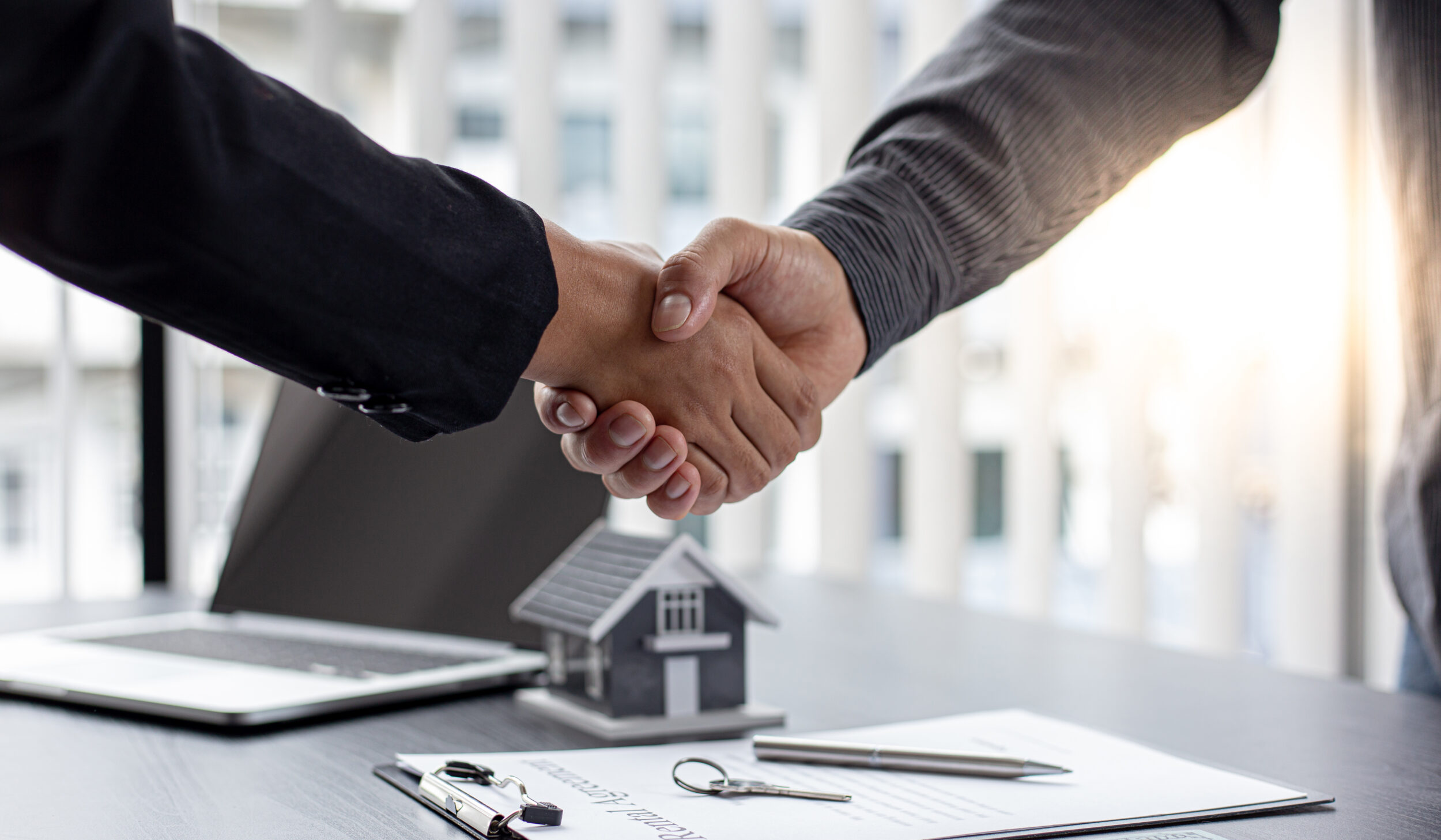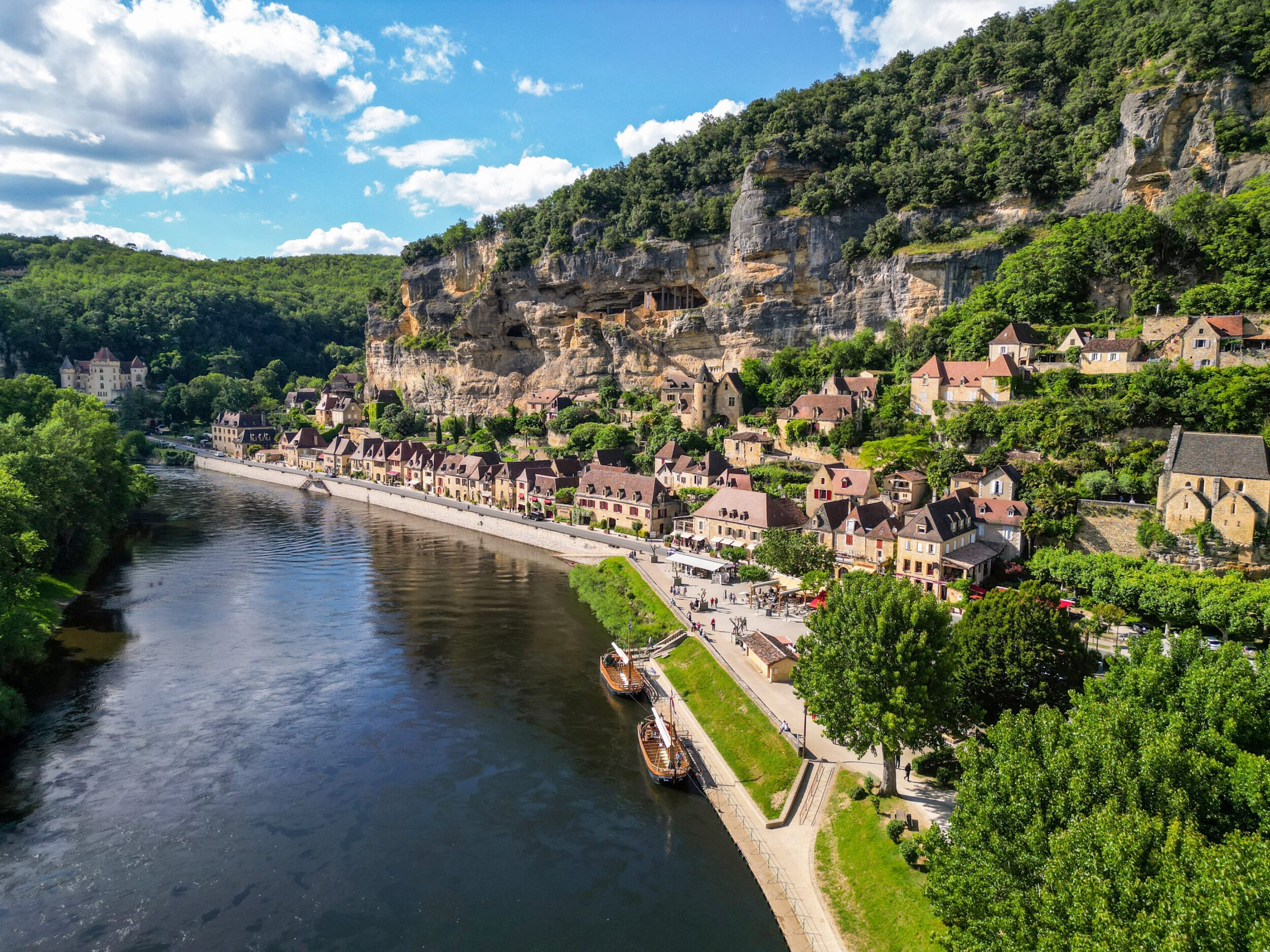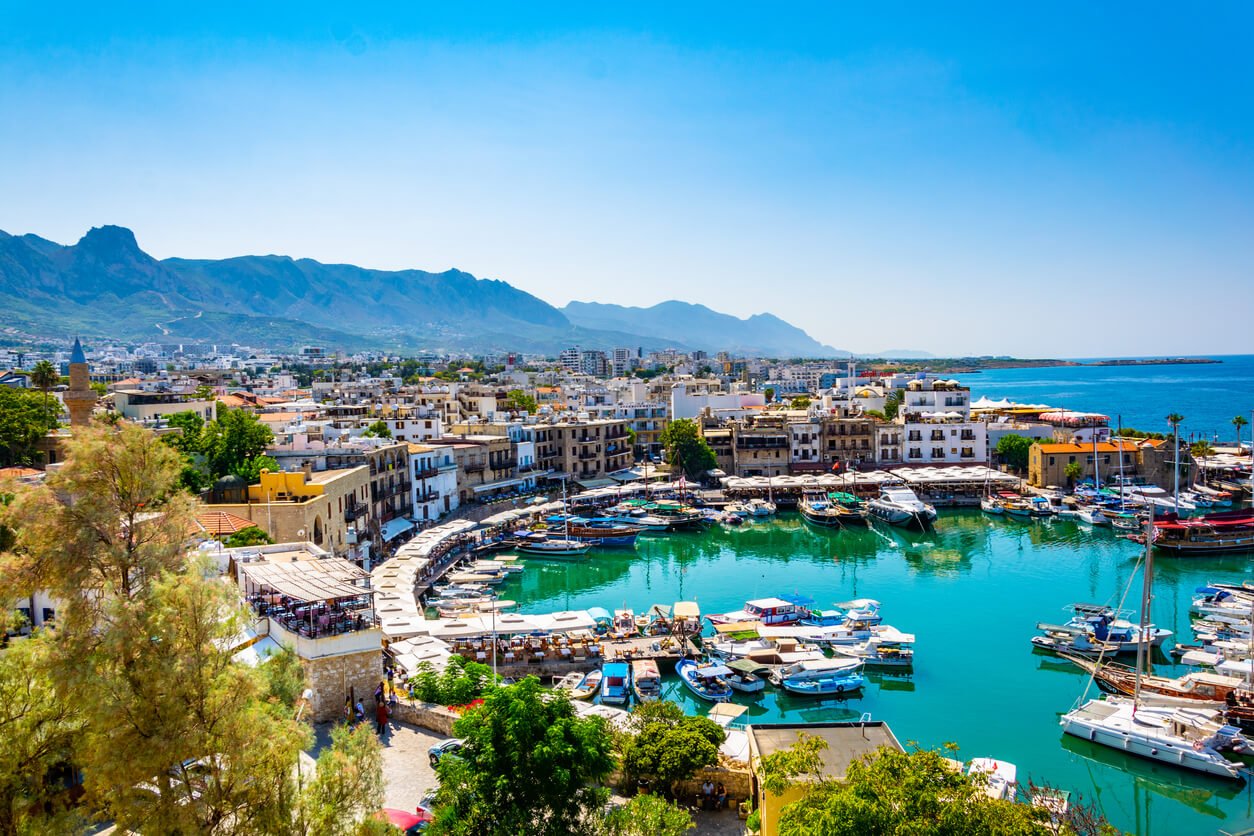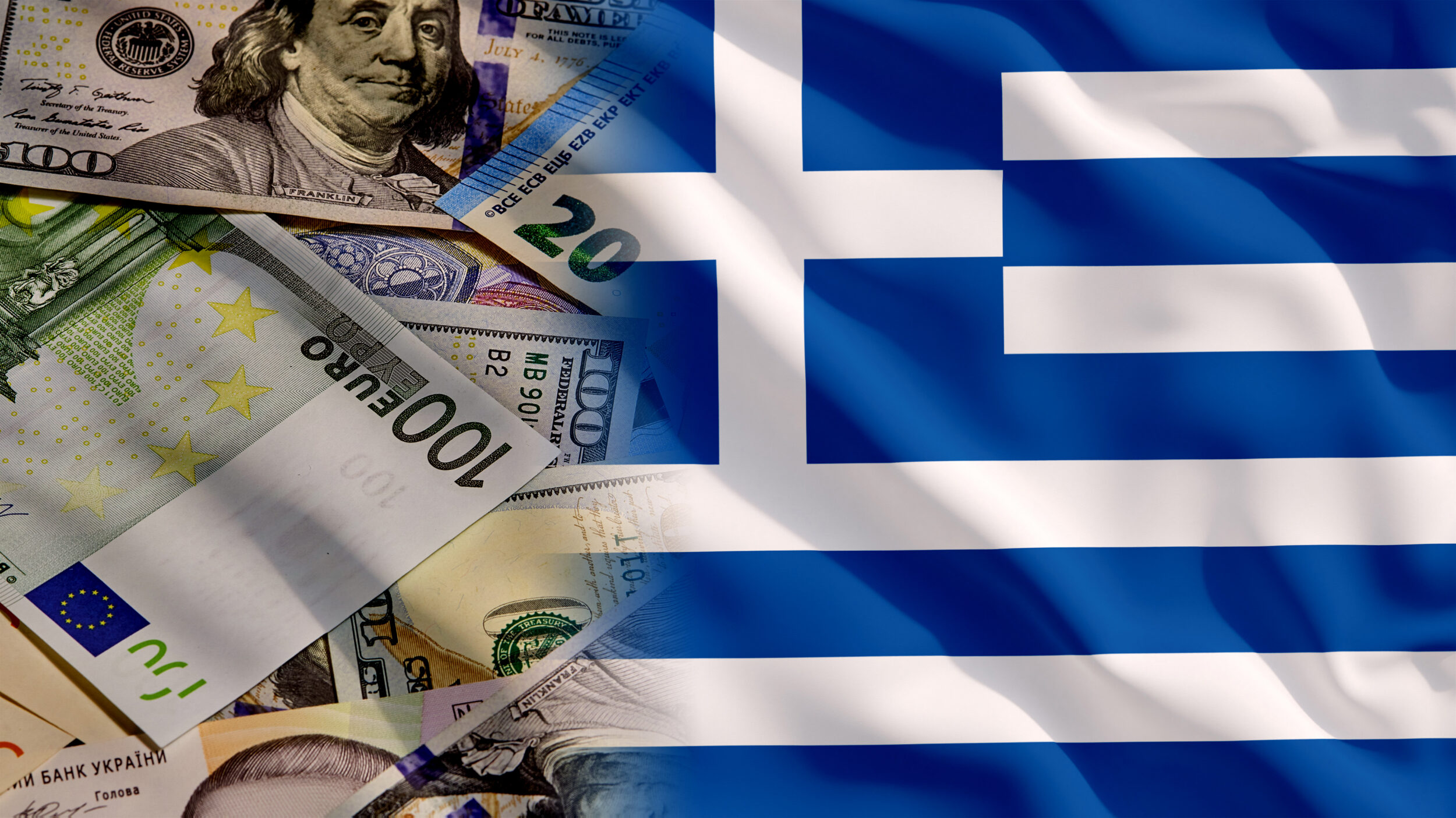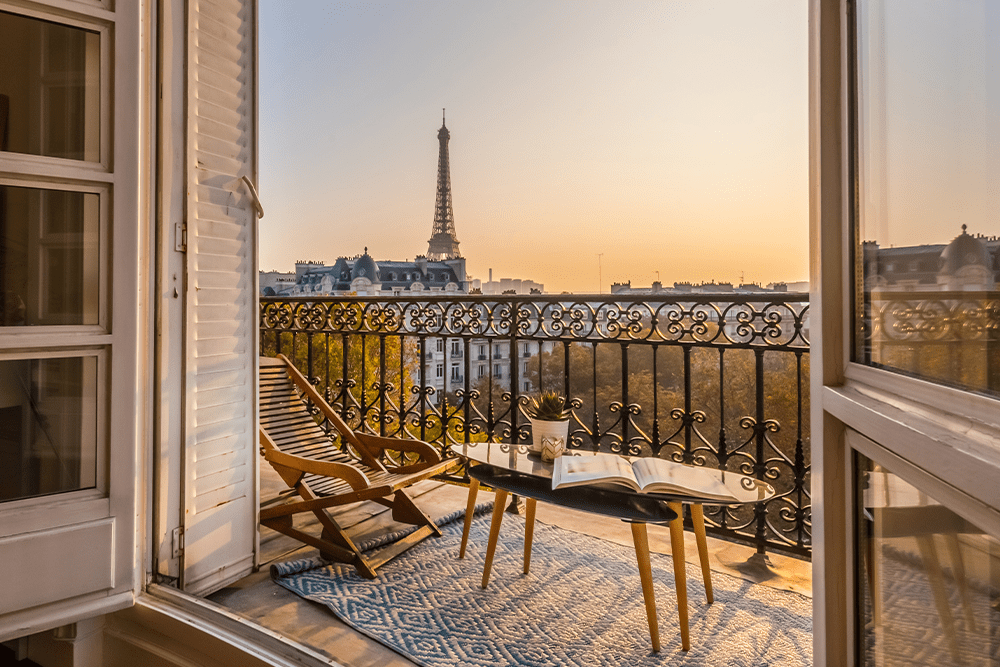
When you intend to buy a property in France, it is important to understand the costs involved with running and upkeeping it. When you view a property, you should ask the agent or the owner about the potential extra costs. This means that you will be prepared for any surprises and will manage your budget effectively.
Local taxes
Taxe d'habitation (Housing tax)
This tax is payable on your main residence in France. The good news is: as of the beginning of 2023, the tax has been abolished. However, if you own a secondary property (such as a holiday home or a flat for rental), you will continue to be taxed.
Taxe foncière (Property owner’s tax)
This is a property tax paid by the owner of the property, so even if you rent out the property you will still have to pay it. It is based on the value of the land you own, the state of the building and local amenities (such as gas and electricity). It is payable annually. The amount you pay will depend on where you live and the state of the property. The tax is calculated by taking 50% of the annual rental value and multiplying it by the local authority’s set percentage, which on average is 30%.
To learn more : Property taxation in France – What taxes should you pay ?
Standard running costs
Electricity and gas
With current prices for electricity and gas rising, it is important to take these expenses into account when buying a property in France.
There are several electricity suppliers, so you should shop around to find the cheapest. You can estimate your energy usage and select the appropriate rate, as well as choose a night rate (off-peak or heures creuses in French) to run appliances such as dishwashers and washing machines.
When you view a property, you should check the type of heating installed, as this could make a big difference to your bills. If your property has a fireplace you can save on electricity and gas bills and also have the benefit of an inviting feature to keep you warm in the winter. Wood is relatively inexpensive in France as it is so readily available and wood burning stoves are popular.
Communal heating systems are another way to save money, and often fitted in older apartment buildings. You still receive bills based on the heat you have used, but it is cheaper as the boiler is communal (and you save space as the boiler won’t be located in your property).
The water heater is another thing to check. A gas boiler is much cheaper to run than an electric one. If you do have an electric water heater and can’t afford to change it to gas, using a timer can help reduce the costs.
If you live in a warm region and have air conditioning, you will need it during the hot summer months. However, this can be expensive to run, especially if you are renting your property as a holiday let, as tenants tend to run appliances much more than at home. Costs can vary immensely, based on your electricity provider, and can range from between €50-€250 per month depending on how long the unit is running.
Water
Most properties in France are metered, so you will only pay for what you use. Water is fairly inexpensive, but the price varies from region to region. Water is a precious commodity and if you rent out your property, it’s a good idea to put up a couple of polite notices asking guests to be mindful of how much water they are using.
If you have a septic tank, your bill will be lower as the standard rates include sewerage charges. Bear in mind that the septic tank will have to be emptied every few years, which can be a major expense.
Garden
If you have a large garden it can be expensive to water it and keep it looking pristine, especially in the hot summer months. To overcome this you can install water collections systems that collect rainwater. This is also an environmental saving as well as a cost saving. You can either buy individual water butts at a cost of approximately €30 each or invest in an underground water collection system which can cost a minimum of €500, depending on the size of the tank.

Swimming pools
As well as the cost of water, if you have a swimming pool it will have to be maintained. If you’re renting out the property, your guests will want a pristine, crystal-clear pool for the duration of their stay.
Swimming pools have an obvious water cost and should be kept topped up, especially in the summer when the water evaporates. This can be done via the mains water, but if you have a leak and need large volumes of water, it is cheaper to order it for delivery from a water company which can cost €200-300 per load.
Unless you are a swimming pool expert, the most cost-effective way to look after a pool is to employ a local pool cleaner at about €100 per month. You’ll find plenty in the coastal regions, and word of mouth is always a good recommendation. The cleaner will supply the chemicals, keep the pool clear and check for any issues that may arise, such as cracked pipes or leaks.
Remember that by law you must install a secure barrier round a swimming pool in France for safety reasons.
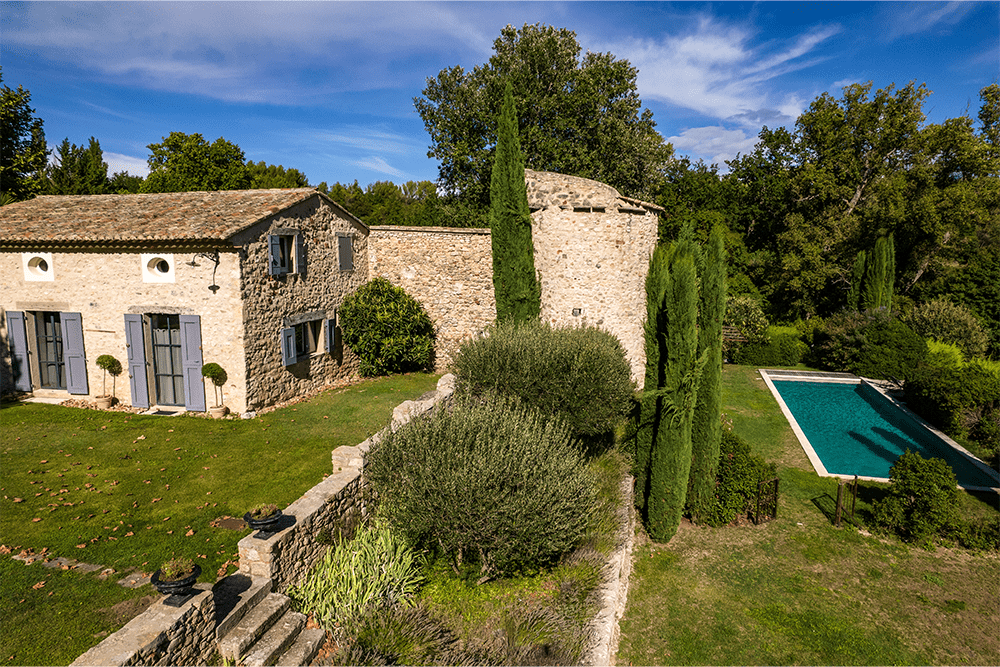
Internet
Several French communications companies offer Internet packages that include a mobile phone line, a landline and TV. It’s a good idea to compare the different offers based on what you will need, but on average you should pay around €30 per month. France has several quality internet providers, such as Orange, SFR and Bouygues Telecom that offer connection speeds of up to 100 megabytes – some of the fastest in the world! It pays to shop around when choosing an internet provider as each offers its own deals. Worth looking into is Free, who claim to be one of the cheapest providers in France. A benefit of France’s progress in the telecommunications market is that wherever you live you’re likely to get excellent 4G or 5G coverage, so connecting won’t be a problem.
Insurance
French law states that you must have insurance that covers material damage (to your own property and that of neighbours) and injury to any third parties in the property.
There are plenty of insurance companies to choose from in France, so you will be able to find a competitive rate which should start at around €100 but will increase depending on where you live. If you have a mortgage, your bank may offer you insurance. Unless this is part of the mortgage offer, it is wise to shop around: it is often cheaper.
You may also want to sign up for contents insurance which can start at about €50, depending on the value of the goods you insure. This is not compulsory, but it will protect your personal belongings. This is important if you rent out a property as a furnished holiday let or long-term furnished.
Maintenance
Ongoing maintenance is a significant cost for any property you own, no matter where you live. These will depend on the age of the property and its condition. Some of the things to budget for are:
- Painting
- Repairs (taps, gutters, tiles, leaks)
- Appliance replacement
- Lightbulbs
If you rent out as a holiday let, you should consider cleaning costs, linen, furniture and extras such as kitchen equipment.
If your property is empty for any period it would be prudent to install a security system. This will give you peace of mind while the property is unoccupied. There are many companies in France that will supply and install an alarm system, including Ajax Systems, DSX Access Systems and OPTEX. You can get a basic system for about €250, which will increase depending on how many rooms/locations you wish to protect against intruders.
***
As you can see, these running costs are not much different from those you’d pay in the UK or elsewhere. If you are aware of them and prepare ahead, you should be able to manage the costs of owning a property in France with no problems. A useful tip is to have a contingency budget for any unexpected repairs or costs.
If you have any questions on French property running costs, contact one of our experts at iad Overseas.
To learn more : How to finance a property purchase in France
